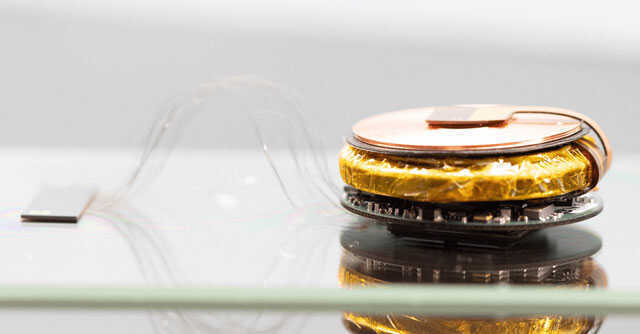
Elon Musk’s NeuraLink wants to place brain implants in humans in 6 months


Brain tech firm NeuraLink is planning to start clinical trials of its brain implants on humans in the next six months, founder and chief executive Elon Musk said on Wednesday.
NeuraLink has been working on implants that can be planted inside the brain, unlike existing brain chip interfaces (BCI) which use non-invasive electrodes placed on top of the human skull.
NeuraLink has sought US Food and Drug Administration’s (FDA) approval to use the implant in human clinical trials. Musk said that the implant can enable full body functionality in people who may be paralysed and also restore vision in people who have been visually impaired since birth.

“We have submitted most of our paperwork to the FDA. We think probably in the next six months we will have our first NeuraLink in a human,” said Musk.
Musk also said that NeuraLink wants to be certain that the device will work before they put it in humans.
During the live announcement of planned human trials, NeuraLink showed that to place the implant they will have to make an incision in the skull and cut through the outer meningeal layer called the dura. The thread incision will be done through a surgical robot as it will be very difficult to do it manually.

In 2019, Musk’s firm unveiled a chip with flexible thread-based electrodes that can be placed inside the brain without running the risk of damaging the soft tissues.
The implant has been tested on animals. Last year, the company released a video of an animal trial in which a monkey with a brain implant was seen playing a computer game.
Most of the existing applications of BCI are non-invasive and require users to wear electrode patches like the ones used for ECGs or large headsets. Such devices are also being used in India by firms such as NeuroLeap for brain function assessment and then brain enhancement using audio-visual feedback.

Several universities are also working on BCIs. In October 2021, Stanford University published a study in which neurosurgeons placed two aspirin tablet-sized BCI chips in the brain of a 60 years old man who had lost all movement below the neck. Using the chip, signals were sent to a computer and with software, his thoughts were converted into text at a speed of 18 words per minute on the computer screen.
